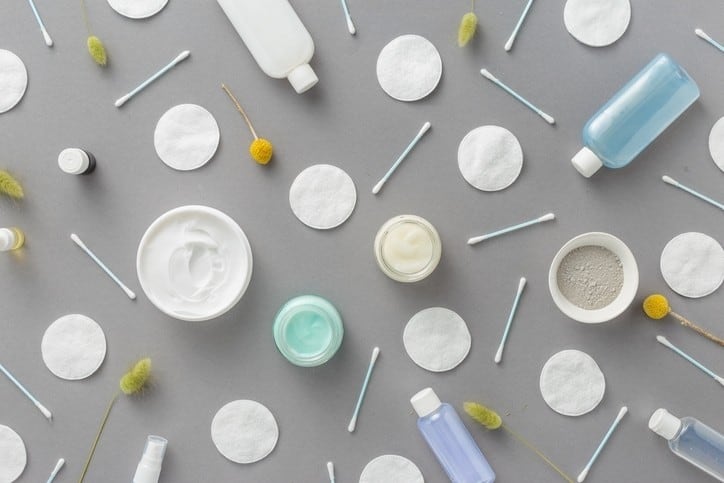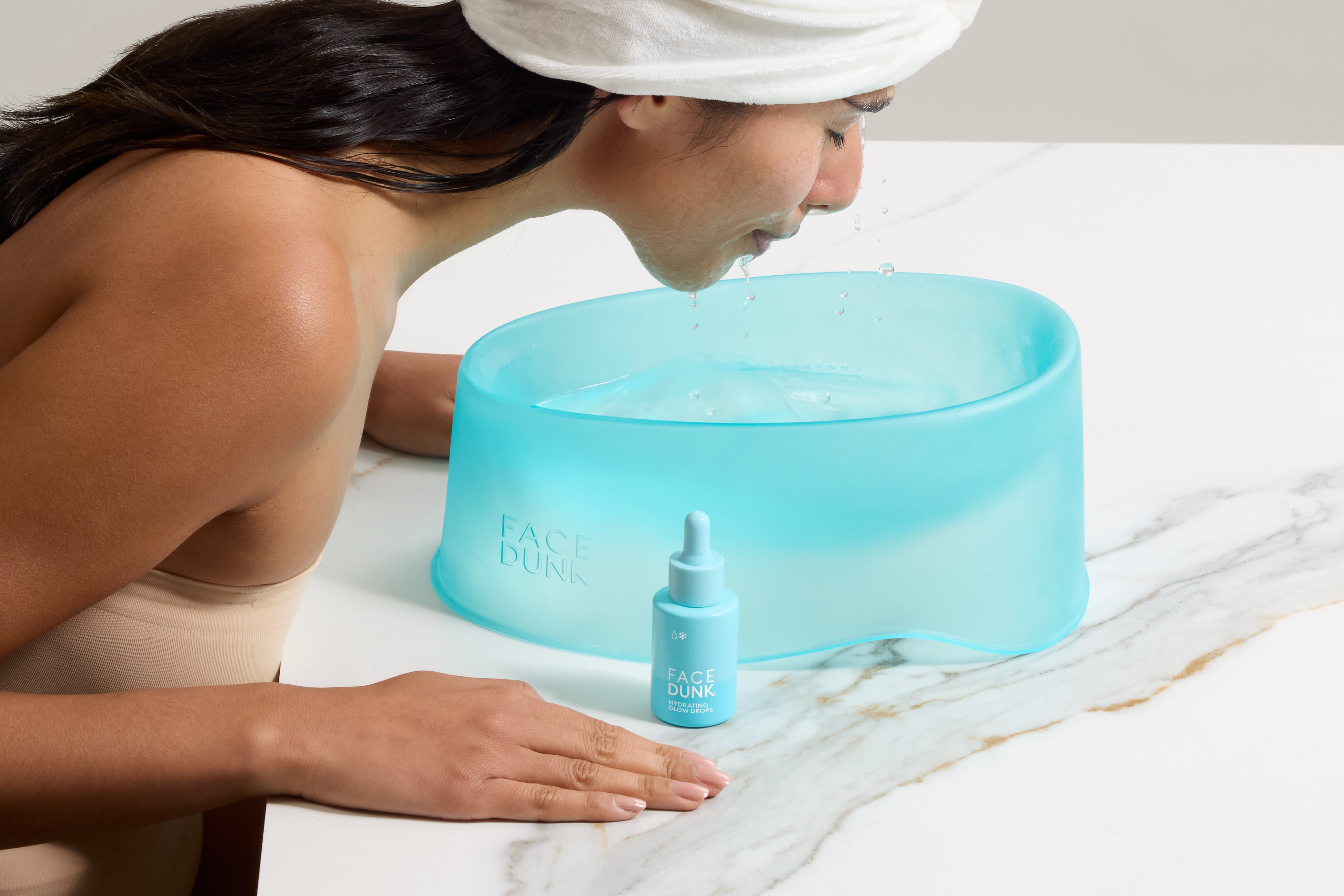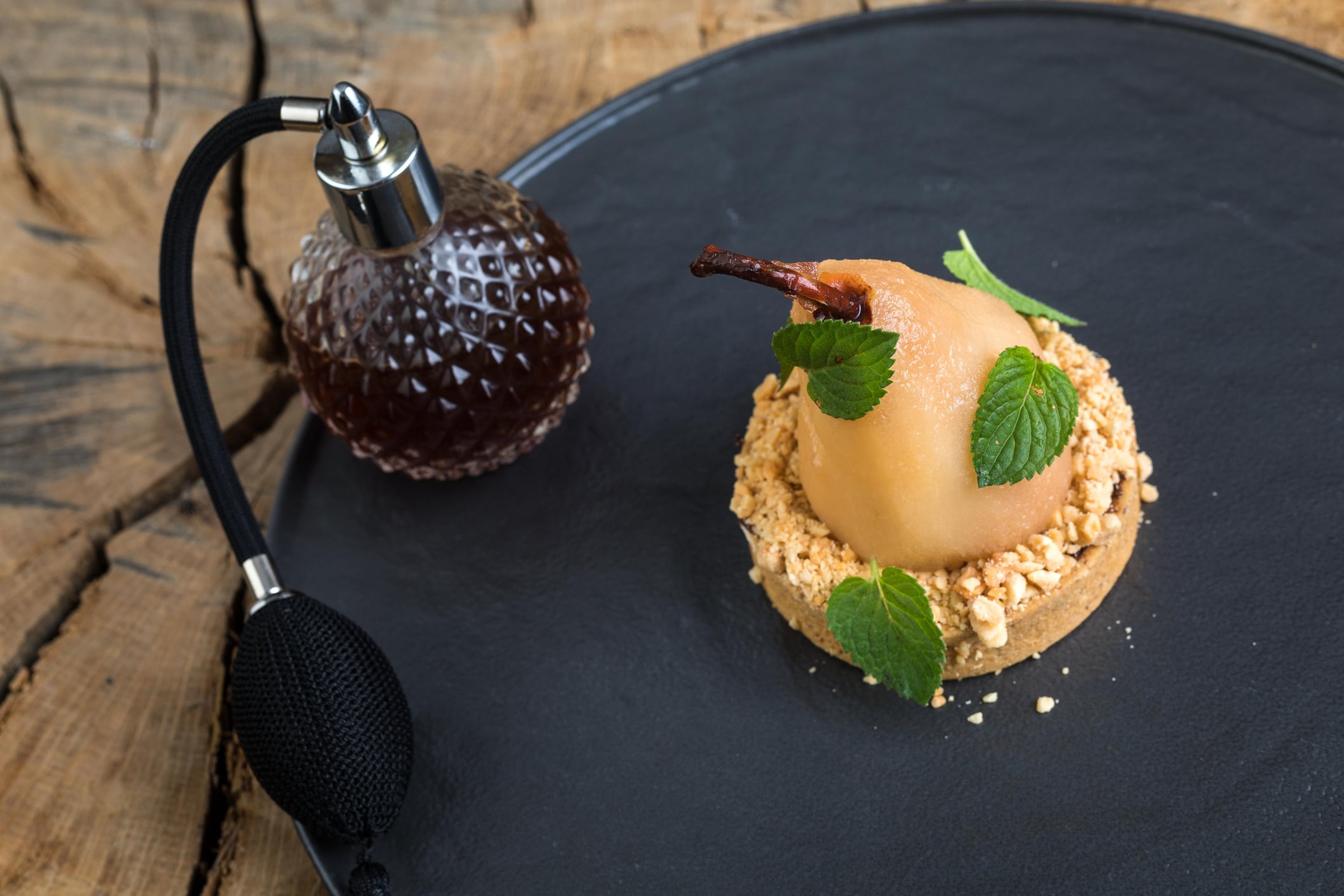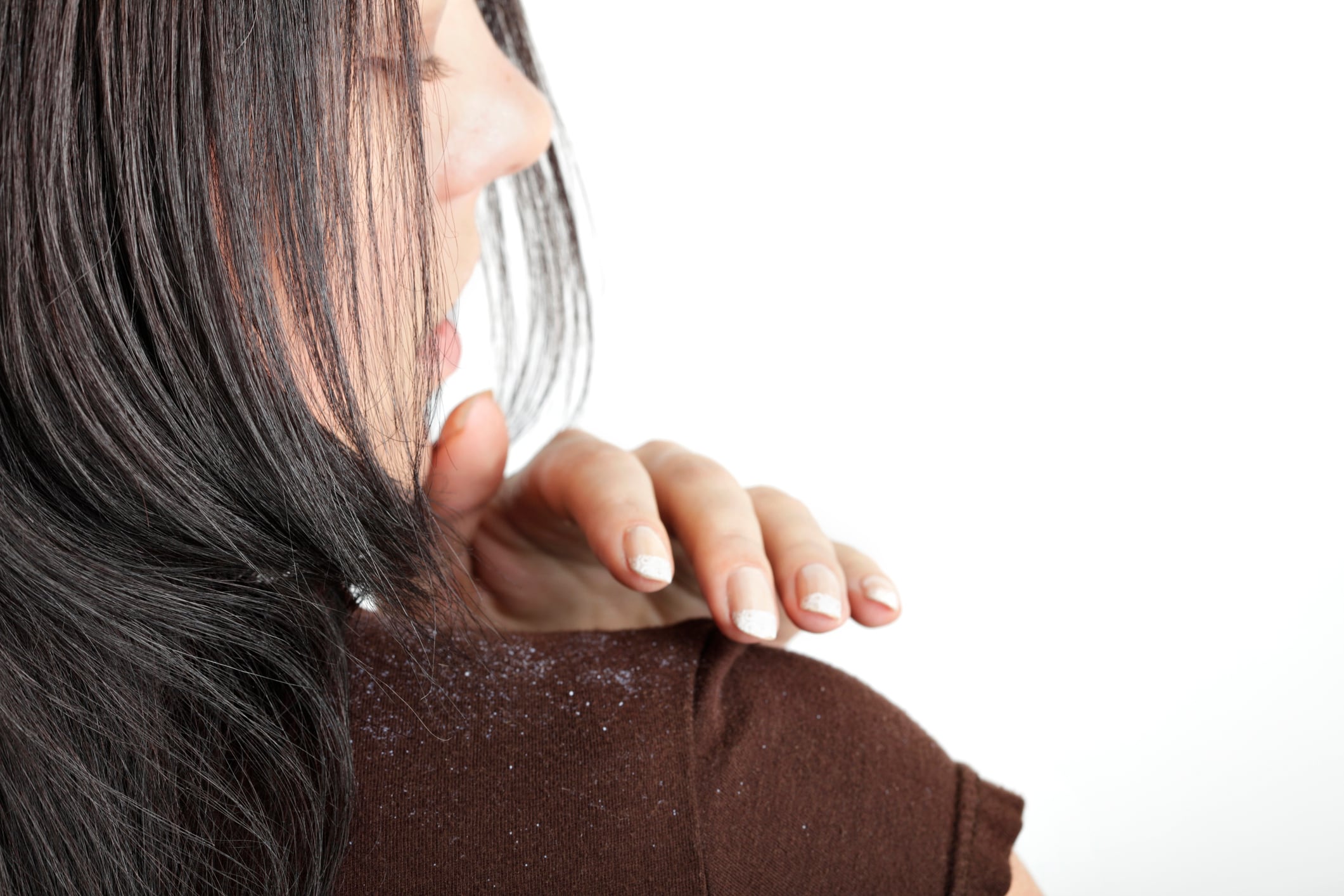Thai researchers develop nano-emulsions with magenta plant extract for anti-ageing
Researchers in Thailand have made a breakthrough in developing a plant-based skin care ingredient that shows strong potential in anti-ageing formulations.
A team from the University of Phayao and Chulalongkorn University detailed how Peristrophe bivalvis (P. bivalvis), commonly used in traditional medicine and as a food colourant, could be formulated into stable water-in-oil nano-emulsions for cosmetic applications.
The study focused on extracting active compounds from the plant’s leaves and assessing their biological activity and safety. The extracts showed strong antioxidant effects, glycation inhibition, and lipid peroxidation reduction, all of which are essential mechanisms for fighting skin ageing.
Peptides cosmetics boundaries with pharmaceutical-grade innovation: China study
Peptides, or short chains of amino acids, may have the potential to bridge the gap between pharmaceuticals and skin care, according to researchers in China.
Originally developed for pharmaceutical use, these molecules are now transforming skin care, with applications in anti-ageing, whitening, moisturising, wound healing, and antimicrobial protection.
This is particularly promising, as it means peptides can bring the scientific rigour of drug development into beauty products.
Mangosteen peel extract has potential to counteract UVA-induced skin ageing – Thai study
A new study conducted by researchers at Burapha University in Thailand has found that an extract from mangosteen peel may offer significant protection against skin ageing caused by ultraviolet A (UVA) radiation.
The research highlights the antioxidant and anti-senescence effects of mangosteen pericarp extract (MPE), positioning it as a promising candidate for future cosmeceutical formulations.
The study was also the first of its kind to demonstrate that MPE could reduce fibroblast ageing caused by UVA exposure.
Fairy chemical AOH shows promise as safe, effective anti-wrinkle ingredient: Mitsubishi-backed study
A new clinical study has found that 2-aza-8-oxohypoxanthine (AOH) can lessen wrinkles by enhancing skin hydration and strengthening the skin barrier, offering cosmetics manufacturers a novel bioactive with measurable anti-ageing effects.
AOH is one of three naturally occurring compounds — along with 2-azahypoxanthine (AHX) and imidazole-4-carboxamide (ICA) — known collectively as “fairy chemicals”.
Researchers from Mitsubishi Corporation Life Sciences and Shizuoka University conducted a 12-week trial involving 23 women aged 32 to 58. Participants applied lotions containing either 0.01% or 0.05% AOH on different sides of their faces twice a day.
It was shown that AOH improved stratum corneum water content and significantly reduced wrinkle depth and area over time, especially at the higher dose.
Caffeine and adenosine shampoo reshapes scalp microbiome, lipid profile to fight hair loss
A 12-week clinical trial in China showed that a shampoo containing caffeine and adenosine not only reduces hair shedding, but also changes the scalp’s microbiome and lipid composition — two key factors that contribute to hair loss.
Participants in the intervention group used a shampoo containing 0.4% caffeine and 0.2% adenosine four times a week for 12 weeks, applying two pumps per wash.
At the end of the study, these participants showed a significant drop in shed hairs and a boost in hair density. However, what caught the researchers’ attention was the parallel shift in scalp biology.
Three microbial species known to be associated with poor scalp health — Pseudomonas, Escherichia-Shigella and Malassezia — saw reduced numbers, while levels of Cutibacterium and Talaromyces rose. These changes may have signalled a rebalancing of the scalp’s microbial community toward a healthier state.





